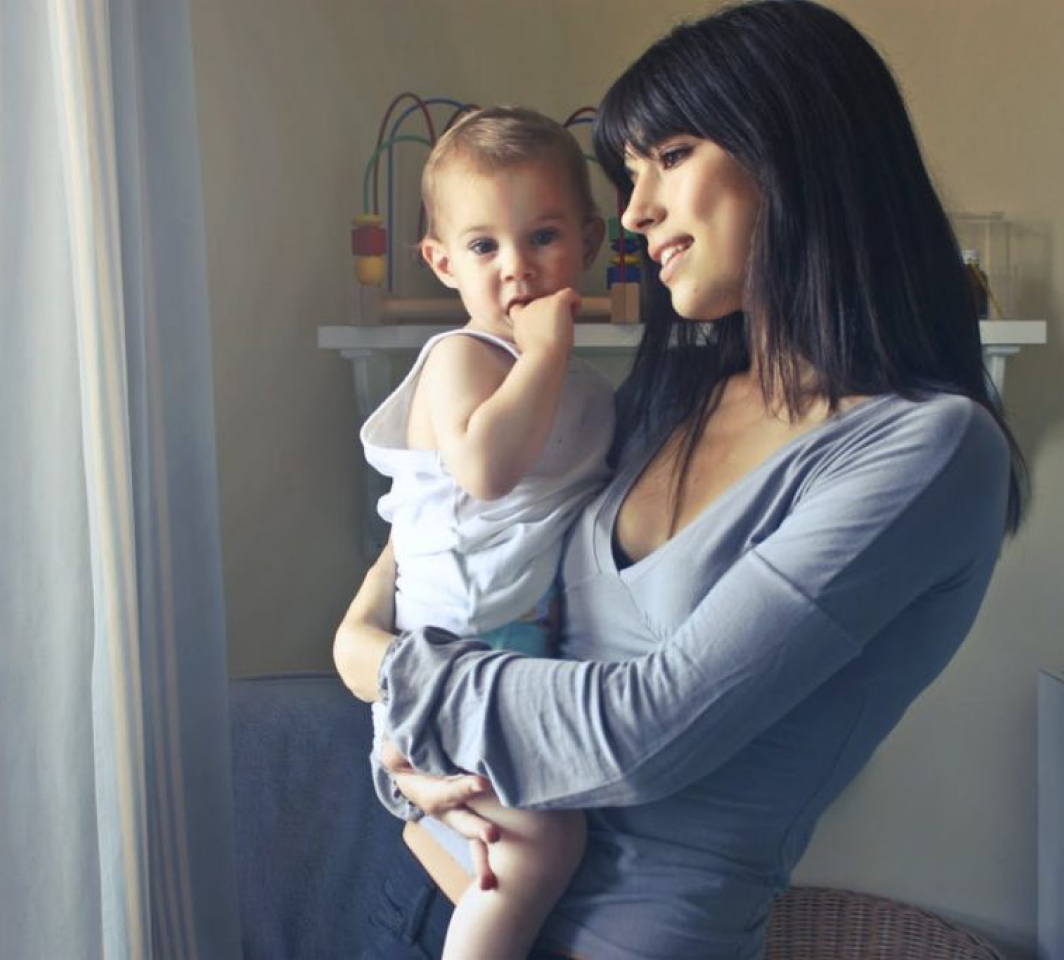When to see a doctor
Diarrhoea in infants and toddlers can be dangerous, and should be taken seriously. With diarrhoea there is a risk of dehydration in your child.
Here are some signs that your little one should see a doctor3 :
- any signs of dehydration (dry lips or mouth, little to no tears when crying, little or no urine in diaper after three or more hours)
- a fever of over 38.9°C
- diarrhoea (loose and watery stools) lasting more than 24 hours
- stools that contain blood or are black in colour
The most important aspect for caring for children with diarrhoea is to making sure they drink plenty of fluids to combat dehydration4, ideally in small doses, but frequently. Number one priority is making sure they are being rehydrated as dehydration results in the loss of important minerals and fluids your toddler needs to function. If they drink fruit juice, make sure it’s diluted with water so it’s not too concentrated. And of course, make sure both you and they wash hands frequently to avoid spreading any germs.
Some medication, particularly antibiotics, can change the makeup of the bacteria in the gut with explosive consequences5, so speak to your doctor if you think this might be the cause. However over the counter diarrhoea medication should not be given to infants as they could be harmful, if in doubt always contact your doctor.



